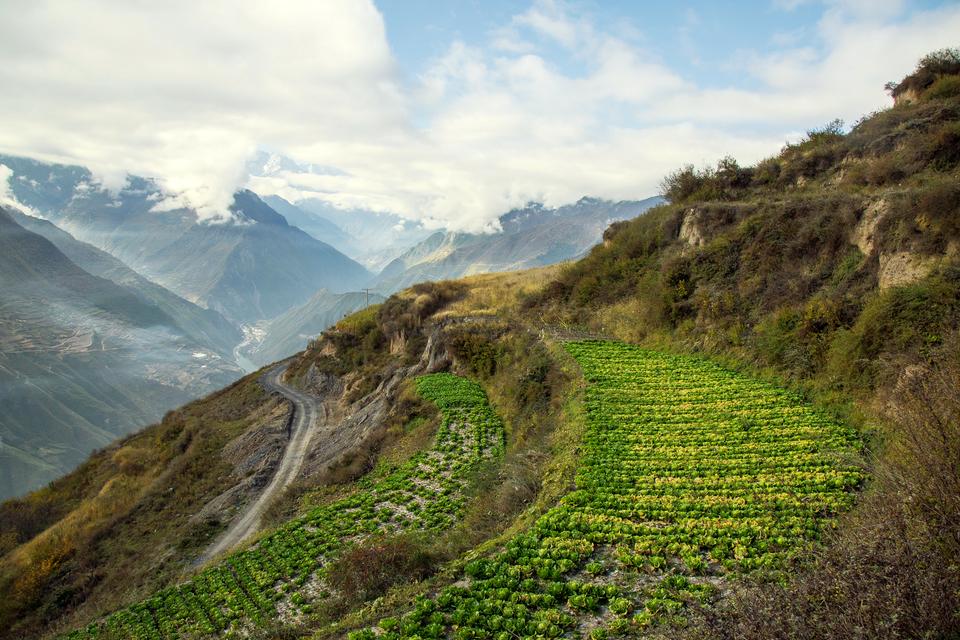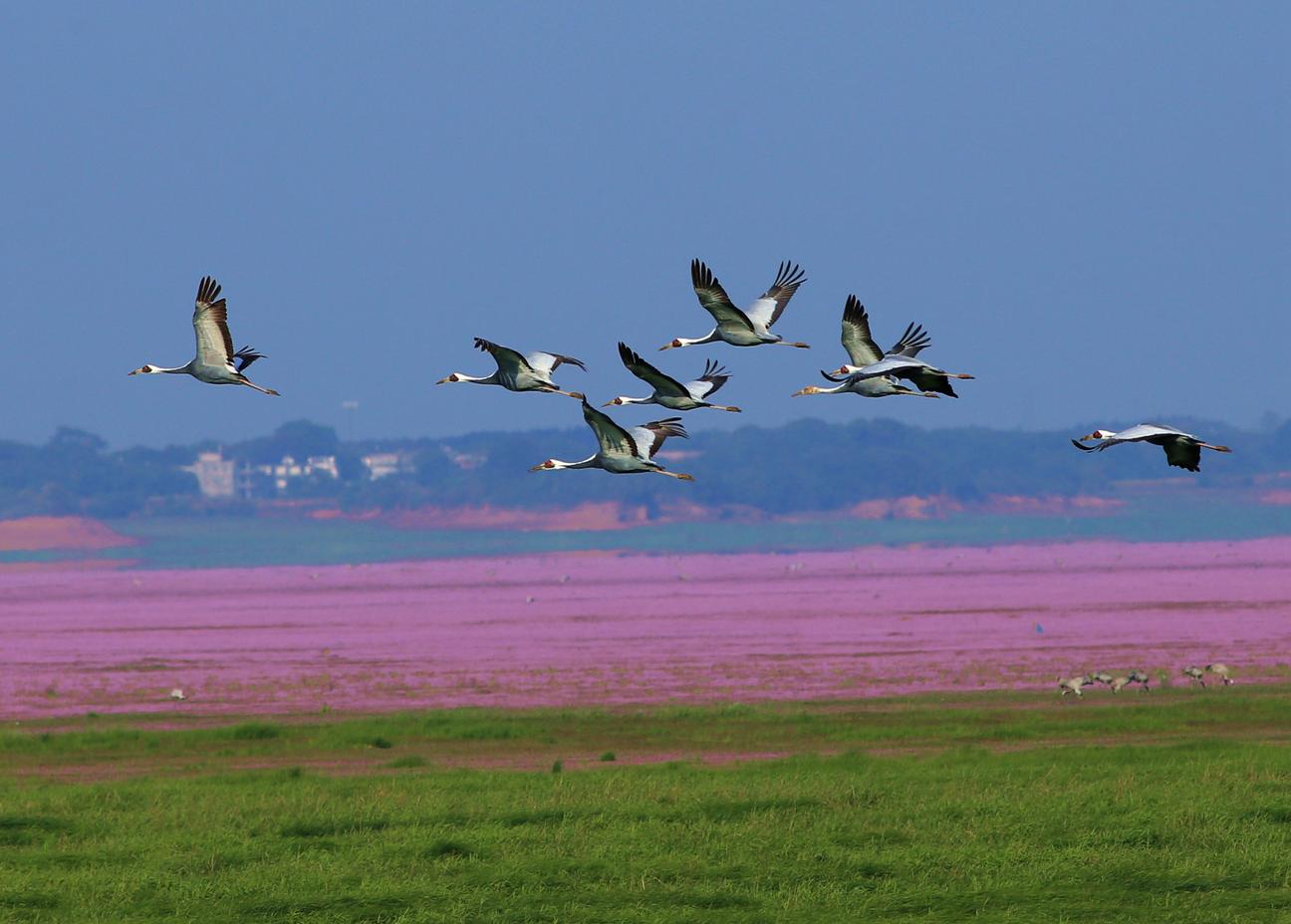
Supporting nature and livelihoods in one of the world’s most populous countries
As the second-largest nation by land area, China is home to than 2 million square kilometers (772,000 square miles) of forests, Asia’s largest wetlands and freshwater flows that support one-fifth of the world's population.
Since 2002, Conservation International-China has collaborated with government agencies, businesses and local communities to protect nature in China. Our efforts focus on promoting nature-based climate solutions and protecting biodiversity.
Through a mix of innovative science, policy advocacy and fieldwork, we have helped ensure protections for more than 2 million hectares (4.9 million acres) and improved the lives of 80,000 people in China's major river basins and marine regions.
2002
YEAR FOUNDED
1.5B
METRIC TONS
of irrecoverable carbon in China1
641
TERRESTRIAL VERTEBRATE SPECIES
that are endemic to China2
9.3K
SQUARE KILOMETERS
of marine protected areas in China’s waters3
Areas we work

Protecting wetlands, biodiversity in Poyang Lake
Poyang Lake is the largest freshwater lake in China, providing critical habitats for a range of bird, fish and mammal species, as well as fresh water for surrounding communities in southeastern China. But human development and climate change have led to the degradation of Poyang Lake basin, threatening the people and wildlife who rely on it.
In 2019, Conservation International-China launched a comprehensive project to restore this critical ecosystem. Using the Freshwater Health Index, our team identified challenges to the lake’s health and prioritized next steps for better protection of wetland ecosystems and sustainable use of the area’s natural resources. Further work has included protected area management, endangered species conservation research, wetlands restoration, community engagement and nature education.
References
- Conservation International (2021, November). Irrecoverable Carbon. Retrieved January 2025, from https://www.conservation.org/irrecoverable-carbon
- IUCN. (2022). The IUCN red list of threatened species. Version 2021-3. International Union for Conservation of nature and natural resources. China Animal Scientific Database. (2020). China animal scientific database. Available at: http://zoology.especies.cn/. (Accessed July 2, 2022).
- Information Office of the State Council of People’s Republic of China. Full text: Marine Eco-Environmental Protection in China. Available at: http://english.scio.gov.cn/whitepapers/2024-07/11/content_117302527_5.htm. (Accessed February, 2025).